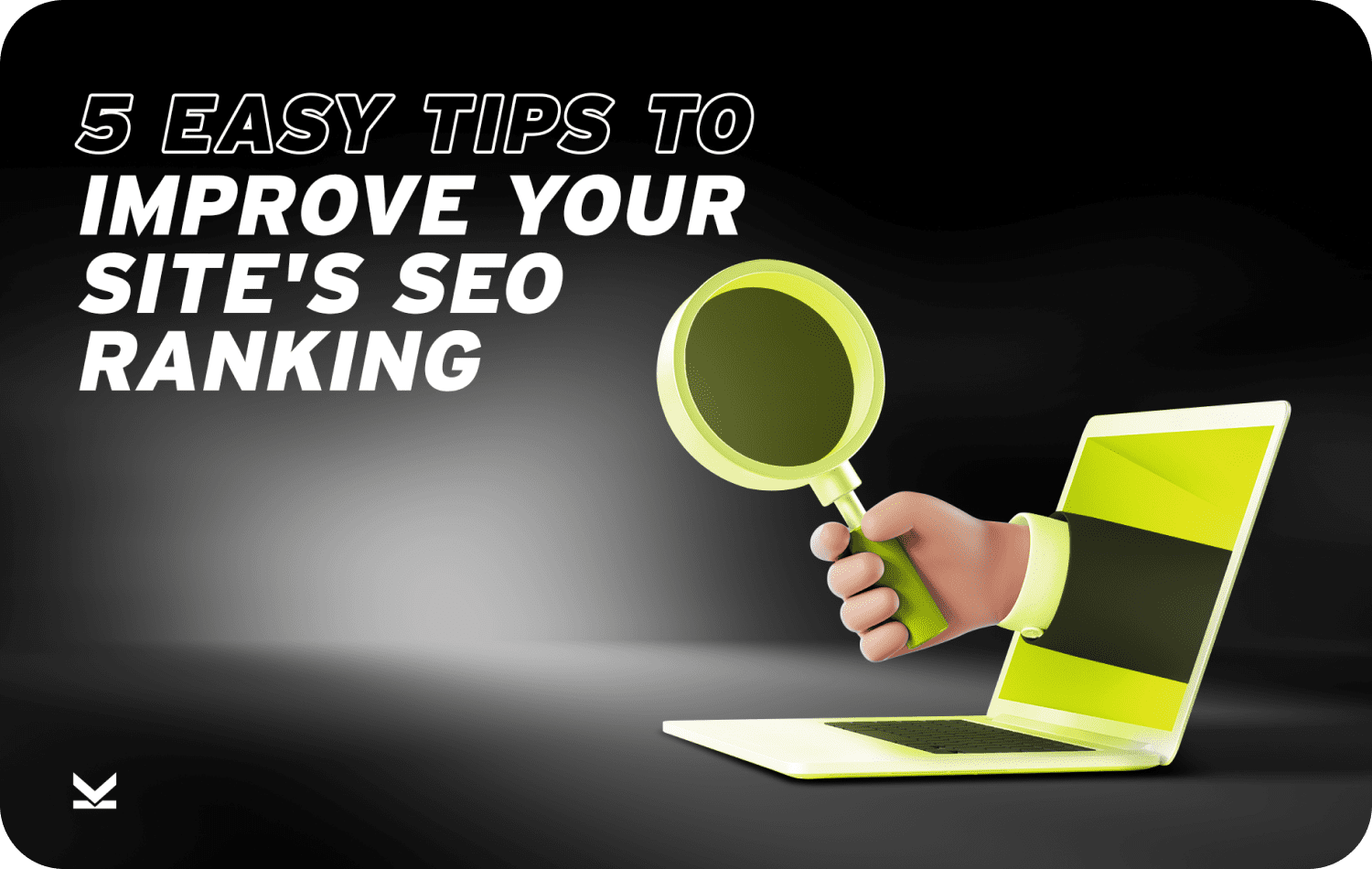Introduction
Analytics outsourcing has become increasingly popular among companies of all sizes and industries. With the advent of big data and the proliferation of digital technologies, businesses are generating massive amounts of data that can be leveraged to drive insights, inform decision-making, and improve overall performance. However, many organizations lack the in-house expertise or resources to manage and analyze this data effectively. As a result, they turn to third-party service providers, like Strikepoint Analytics, to help them unlock the value of their data. In this comprehensive guide, we will explore the various aspects of analytics outsourcing, including the benefits, risks, and best practices for successful outsourcing partnerships.
What is Analytics Outsourcing?
Analytics outsourcing refers to the practice of delegating data management, analysis, and other related tasks to external service providers. This can include a wide range of activities, such as data collection, cleaning, processing, modeling, and reporting. Outsourcing can be done on a project basis, where companies hire third-party vendors to complete specific tasks or deliverables, or it can be a long-term partnership, where service providers offer ongoing support for analytics-related activities. For instance, Strikepoint Analytics is available on a project-by-project basis or on retainer.
Benefits of Analytics Outsourcing
Analytics outsourcing can offer numerous benefits for companies, including:
- Access to specialized expertise: Service providers often have a team of highly skilled data analysts, scientists, and engineers who have extensive experience in managing and analyzing large datasets. By outsourcing analytics, companies can tap into this expertise without having to invest in hiring and training their own team.
- Cost savings: Outsourcing analytics can be a cost-effective solution, as it eliminates the need for companies to invest in expensive software, hardware, and infrastructure. Additionally, outsourcing can often be more affordable than hiring full-time employees or contractors, as service providers can offer more competitive pricing due to economies of scale.
- Faster time-to-insight: Service providers can often complete analytics projects more quickly and efficiently than in-house teams, as they have access to advanced tools and technologies, as well as the ability to scale resources up or down as needed. This can help companies gain insights and make decisions faster, giving them a competitive advantage.
- Improved data quality: Analytics outsourcing can help ensure data accuracy and consistency, as service providers have dedicated processes and tools for data cleaning and validation. This can lead to more reliable insights and better-informed decisions.
Focus on core business functions: Outsourcing analytics can free up internal resources and allow companies to focus on their core business functions, such as product development, marketing, or customer service. This can help improve overall performance and productivity.
Risks of Analytics Outsourcing
While there are many benefits to analytics outsourcing, there are also potential risks that companies should be aware of, including:
- Data security and privacy: Sharing sensitive data with third-party service providers can pose risks to data security and privacy, particularly if service providers lack proper security protocols and procedures. Companies must ensure that service providers have adequate measures in place to protect their data from unauthorized access, theft, or breaches.
- Quality control: Outsourcing analytics can result in a loss of control over data quality and accuracy, as companies rely on service providers to manage and analyze their data. Companies must ensure that service providers have appropriate quality control processes and procedures in place to ensure that data is accurate and reliable.
- Communication and collaboration: Outsourcing analytics requires effective communication and collaboration between companies and service providers. Poor communication can lead to misunderstandings, delays, and suboptimal results.
Dependency on service providers: Companies that rely heavily on third-party service providers may become overly dependent on them, which can pose risks if service providers experience disruptions, outages, or other issues.
Best Practices for Analytics Outsourcing
To mitigate the risks and maximize the benefits of analytics outsourcing, companies should follow best practices, including:
- Selecting the right service provider: Companies should thoroughly vet potential service providers to ensure that they have the necessary expertise, experience, and resources to meet their needs. This includes reviewing their track record, client references, and security protocols.
- Establishing clear expectations and requirements: Companies should clearly define their expectations and requirements for analytics outsourcing, including project timelines, deliverables, data security and privacy, and quality control standards. This can help ensure that both parties are aligned and working towards the same goals.
- Ensuring effective communication and collaboration: Companies should establish effective communication channels and collaboration processes with their service providers. This can include regular check-ins, progress updates, and performance reviews.
- Maintaining oversight and control: Companies should maintain oversight and control over their analytics outsourcing activities, including monitoring service providers’ performance, data quality, and compliance with contractual obligations. This can help ensure that service providers are delivering as expected and that risks are mitigated.
Having a contingency plan: Companies should have a contingency plan in place in case of disruptions, outages, or other issues with their service providers. This can include having backup data storage, redundant systems, or alternate service providers in place.
Return on Investment for Analytics Outsourcing
One of the key considerations for any business contemplating outsourcing analytics is the potential return on investment (ROI). Outsourcing analytics can involve significant costs, including fees paid to service providers, costs associated with data transfer, and the need for adequate data security measures. However, the potential benefits can often justify these costs.
One way to evaluate the ROI of analytics outsourcing is to consider the cost savings that can be achieved. As mentioned earlier, outsourcing analytics can be more cost-effective than hiring and training an in-house team. Service providers have access to advanced tools and technologies, as well as economies of scale that can help lower costs. Additionally, outsourcing can free up internal resources and allow companies to focus on core business functions, which can lead to improved productivity and performance.
Another way to evaluate ROI is to consider the potential revenue gains that can be achieved through analytics outsourcing. By leveraging data insights, companies can identify new opportunities, optimize processes, and make more informed decisions. This can lead to improved business outcomes, such as increased revenue, reduced costs, and improved customer satisfaction.
For example, a healthcare organization that outsources its analytics to a service provider may be able to identify trends in patient data that can help improve care delivery and reduce costs. By analyzing patient data, the service provider may identify patterns that suggest certain treatments are more effective than others, leading to better patient outcomes and cost savings.
Another example is a retail company that outsources its analytics to a service provider that specializes in customer segmentation. By analyzing customer data, the service provider may be able to identify new market segments that the company can target with personalized marketing campaigns. This can lead to increased sales and revenue.
Overall, the ROI of analytics outsourcing depends on several factors, including the complexity of the data being analyzed, the quality of the service provider, and the specific business objectives of the company. Companies should carefully evaluate their options and choose a service provider that can provide a strong ROI while minimizing risks. Additionally, companies should establish clear goals and metrics for evaluating the success of the outsourcing partnership, and regularly monitor performance to ensure that they are achieving the desired ROI.
Analytics Outsourcing Case Studies
To further illustrate the benefits and potential pitfalls of analytics outsourcing, it can be helpful to examine real-world case studies of companies that have outsourced their analytics functions. The following examples highlight the different approaches and outcomes of outsourcing partnerships.
GE Aviation
GE Aviation is a leading provider of commercial and military jet engines, with over 2,500 aircraft engines in service worldwide. In 2016, the company announced a partnership with Infosys, a global technology consulting firm, to outsource its data analytics and IT operations. The partnership aimed to enhance GE Aviation’s data analytics capabilities and improve the overall efficiency of its IT infrastructure.
The outsourcing partnership involved the transfer of several hundred GE Aviation employees to Infosys, along with the management of critical IT infrastructure and application services. The partnership also included the development of new analytics platforms and tools to enable better data-driven decision-making.
According to GE Aviation, the outsourcing partnership has resulted in significant cost savings and improved operational efficiency. By leveraging Infosys’ expertise and resources, GE Aviation has been able to develop new analytics capabilities and gain insights into key operational areas, such as supply chain management and engine performance.
Target
Target is a retail giant with over 1,900 stores across the United States. In 2013, the company suffered a massive data breach that exposed the personal information of millions of customers. In response, Target sought to enhance its data security and analytics capabilities by outsourcing its data analytics operations to Experian, a global information services company.
The outsourcing partnership involved the development of a new analytics platform to monitor and detect potential security threats. The platform combined Experian’s data analytics expertise with Target’s internal data sources to identify and mitigate potential risks.
According to Target, the outsourcing partnership has resulted in improved data security and risk management. The new analytics platform has enabled the company to detect and respond to potential threats more quickly and effectively, reducing the risk of future data breaches.
FORD
Ford is one of the world’s largest automotive manufacturers, with operations in over 100 countries. In 2016, the company announced a partnership with Pivotal, a software and services company, to outsource its data analytics and software development functions. The outsourcing partnership aimed to enhance Ford’s data analytics capabilities and accelerate its digital transformation.
The partnership involved the development of a new cloud-based platform for data analytics and software development. The platform enabled Ford to streamline its software development processes and gain insights into key operational areas, such as manufacturing and supply chain management.
According to Ford, the outsourcing partnership has resulted in improved operational efficiency and faster time-to-market for new products and services. By leveraging Pivotal’s expertise and resources, Ford has been able to develop new analytics capabilities and accelerate its digital transformation initiatives.
Overall, these case studies demonstrate the potential benefits and risks of analytics outsourcing partnerships. While outsourcing can offer significant cost savings and access to specialized expertise, it can also pose risks to data security and quality control. By carefully selecting outsourcing partners and establishing clear communication and collaboration protocols, companies can maximize the benefits of analytics outsourcing while minimizing the potential risks.
The Role of Analytics Service Providers in Analytics Outsourcing
Analytics outsourcing has become an increasingly popular trend among businesses, especially those that lack the necessary resources or expertise to perform advanced data analysis in-house. Analytics service providers offer a range of services to help organizations gain valuable insights from their data, including data mining, statistical analysis, predictive modeling, and business intelligence reporting.
The benefits of analytics outsourcing are numerous, including access to specialized expertise, increased efficiency and cost savings, and improved decision-making based on data-driven insights. However, organizations must carefully evaluate potential service providers to ensure that they have the necessary skills and experience to deliver quality results.
When choosing an analytics service provider, organizations should consider the following factors:
- Experience and expertise: Look for service providers with a proven track record of success in delivering high-quality analytics solutions. Check their portfolio and references to assess their experience in working with clients in your industry or niche.
- Data security and privacy: Analytics outsourcing involves sharing sensitive data with a third-party provider, so it’s essential to ensure that they have robust data security measures in place to protect your information from unauthorized access or theft.
- Scalability: As your business grows, your analytics needs will also change. Look for service providers that can scale their services to meet your evolving needs and provide customized solutions that align with your business objectives.
- Communication and collaboration: Good communication is critical when working with a third-party analytics provider. Choose a service provider that prioritizes clear and regular communication and is open to collaboration to ensure that their solutions align with your business goals.
- Cost-effectiveness: Outsourcing analytics can provide cost savings compared to building an in-house team, but it’s essential to ensure that the cost of outsourcing aligns with your budget and that there are no hidden fees or charges.
Overall, analytics outsourcing can be an effective way for businesses to gain valuable insights from their data and make data-driven decisions to improve their operations and bottom line. However, it’s crucial to carefully evaluate potential service providers and choose a provider that aligns with your business needs, goals, and values.
Analytics Outsourcing and the Future of Business
As data continues to play an increasingly critical role in modern business, analytics outsourcing is expected to become even more prevalent. With the rise of big data, advanced analytics techniques like machine learning and artificial intelligence are becoming more accessible, enabling businesses of all sizes to gain valuable insights from their data.
Analytics outsourcing also provides an opportunity for businesses to access specialized expertise that may not be available in-house, allowing them to compete more effectively in a rapidly evolving business landscape. By leveraging the insights gained through analytics outsourcing, businesses can make data-driven decisions that improve their operations, customer experience, and bottom line.
Furthermore, analytics outsourcing is expected to play a significant role in the ongoing digital transformation of businesses. By embracing data-driven decision-making, businesses can become more agile, responsive, and competitive in a rapidly changing marketplace.
Summary
Analytics outsourcing is a powerful tool for businesses looking to gain valuable insights from their data and make data-driven decisions to improve their operations and bottom line. By partnering with experienced analytics service providers, organizations can access specialized expertise, increase efficiency and cost savings, and improve decision-making based on data-driven insights.
However, it’s essential to carefully evaluate potential service providers to ensure that they have the necessary skills and experience to deliver quality results and align with your business objectives. As data continues to play an increasingly critical role in modern business, analytics outsourcing is expected to become even more prevalent, providing businesses with a competitive advantage in a rapidly evolving marketplace.
Strikepoint Analytics has a team of Data, Marketing, and Business Analytics experts who have helped dozens of businesses, from startups to multinational corporations grow and enhance their marketing, pricing, financing, SEO, and media buying capabilities with outsourced analytics. Contact us to find out how Strikepoint Analytics can help you solve your business analytics problems.




